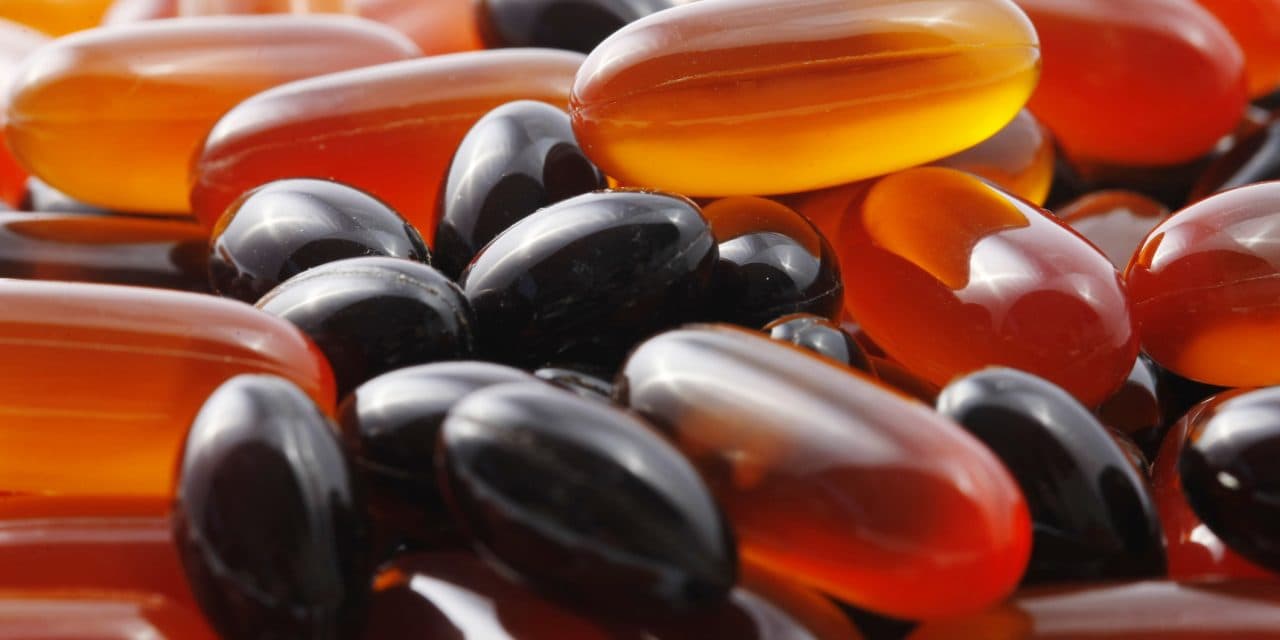The browning of proteins by sugars (known as Advanced Glycation End products) is not the only element that leads to aging, but you can take a supplement to reduce Advanced Glycation End products accumulating.
Most antioxidants have significant AGEs-inhibitory activity, and some also have important additional effects.
Supplement to reduce Advanced Glycation End products
You can take a supplement to reduce Advanced Glycation End products. The following are worth considering adding to your diet:
- Thiamine (vitamin B1) can reduce the AGEs generation inside the body. Diets high in fiber often contain useful amounts of thiamine. Chronic alcohol consumption can deplete our thiamine reserves, and it is best if you avoid this. The best way to get thiamine is to take special forms that have improved absorption properties. These are naturally found in garlic and onions. Botanically, these plants are of the alum family. These chemicals are called allithiamines, the best studied of which is benfotiamine.
- Pyridoxamine (a derivative of vitamin B6) is able to reduce AGEs form, particularly those derived from fats. Pyridoxamine is safe and well tolerated as a supplement, and has been shown to be effective in reducing AGEs levels and in preventing some of the complications of aging and diabetes in animals.
- Rytine, a natural flavonoid found in high concentration in tomato juice, has the ability to inhibit AGEs forming.
- Carnosine (an antioxidant from meat, typically lacking in a vegetarian diets) inhibits AGEs formation and prevents protein modification by acting as a scavenger.
- Alpha-lipoic acid (found in high concentration in foods such as potatoes, carrots, broccoli, beets and yams) can prevent AGEs-modification.
Last reviewed 31/Mar/2017
Dr Merlin Thomas
Latest posts by Dr Merlin Thomas (see all)
- How to increase DHEA levels - 28/09/17
- Testosterone supplement benefits & risks - 11/07/17
- Health effects of tea & coffee - 10/07/17







